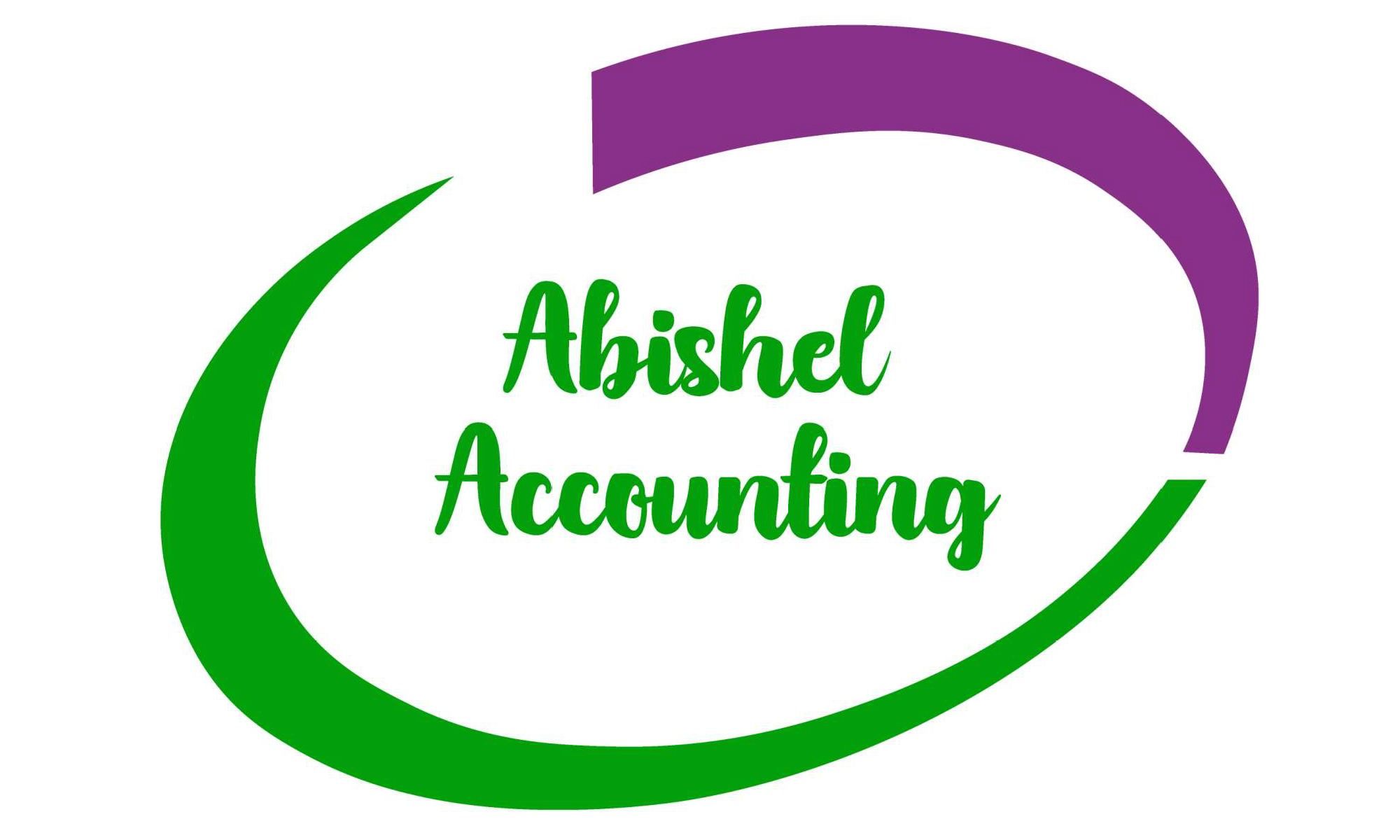Which incomes are required to be included on self-assessment
- Self-employment income: If you are self-employed and earn income from running your own business, you will need to include this income on your self-assessment tax return.
- Employment income: If you are employed and earn income from a job, this income will typically be subject to PAYE tax and National Insurance contributions deducted at source. However, you may still need to include this income on your self-assessment tax return if you have additional income that is not subject to PAYE.
- Rental income: If you receive rental income from a property you own, this income will need to be included on your self-assessment tax return.
- Investment income: If you receive income from investments, such as dividends or interest, this income will need to be included on your self-assessment tax return.
- Foreign income: If you receive income from overseas, this income will need to be included on your self-assessment tax return.
- Capital gains: If you sell an asset, such as a property or shares, and make a profit, this may be subject to Capital Gains Tax, and the gain will need to be included on your self-assessment tax return.
It’s important to note that there may be other types of income or gains that are required to be included on a self-assessment tax return depending on individual circumstances. If you’re unsure about whether you need to include a particular type of income or gain on your tax return, it’s always best to seek advice from an accountant or tax adviser.







